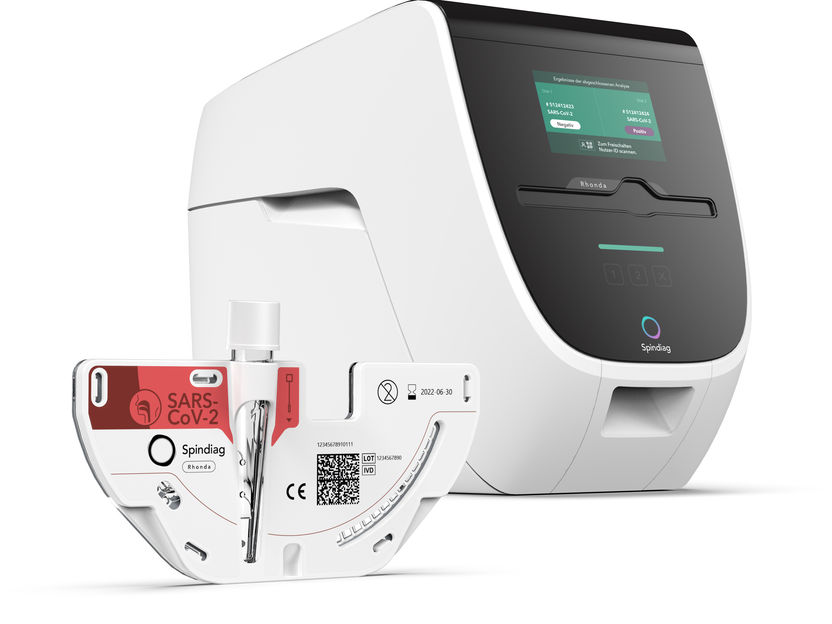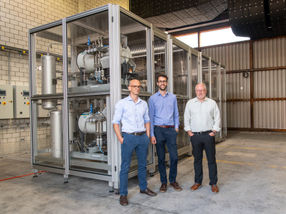Antiviral Antibodies
Researchers explore novel therapies for Coronavirus
Researchers at the Department of Biotechnology of Technische Universität Braunschweig started a research project to develop novel antibody based therapy for coronavirus infections. To increase the chances of success, the international consortium pursues several parallel approaches of antibody-based therapies against the lung disease Covid-19 caused by the SARS-CoV2 virus. The research team of the Department of Biotechnology at TU Braunschweig will be responsible for the development of human antibodies, working in close cooperation with partners in Sweden, Belgium, Italy and Switzerland.
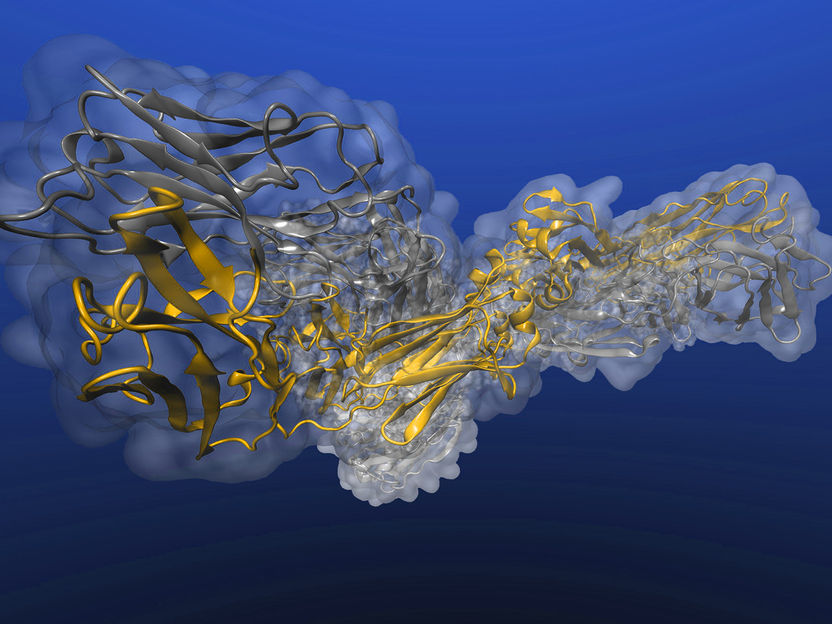
An example of an antibody (symbolic picture).
Stefan Dübel/TU Braunschweig
The consortium “ATAC” (Antibody Therapy Against Coronavirus) will be financed by the European Union with about 3 Million euro. In total, the European Commission has allocated 47 Million euro to 136 laboratories in 17 teams for the development of vaccines, diagnostics and therapies for COVID-19.
Antibodies for therapy have been in use for 125 years, because in contrast to conventional vaccines, they can be also used for the treatment of patients that are already ill. Emil von Behring was the first to use this therapeutic approach against diphtheria, which yielded him the Nobel Prize for medicine in 1901. From that date until today antisera from horses are still used for this type of therapy in most cases. In contrast, at TU Braunschweig, human antibodies will be generated with a technology called antibody phage display. This approach allows to generate human antibodies entirely in the test tube. Because this method also provides the molecular blueprint of these antibodies right away, they can be produced in cell culture in unlimited amounts and very high quality. Professor Stefan Dübel, head of the department of Biotechnology, an inventor of this technology, Professor Michael Hust, the principle investigator of this project, and their team have many years of experience in the development of neutralizing antibodies against viruses like Marburg virus, Ebola and HIV.
The development of therapeutic antibodies against COVID-19 is expected to take several months to a year, in particular because of necessary efficacy and safety tests.
Organizations
Other news from the department science

Get the life science industry in your inbox
By submitting this form you agree that LUMITOS AG will send you the newsletter(s) selected above by email. Your data will not be passed on to third parties. Your data will be stored and processed in accordance with our data protection regulations. LUMITOS may contact you by email for the purpose of advertising or market and opinion surveys. You can revoke your consent at any time without giving reasons to LUMITOS AG, Ernst-Augustin-Str. 2, 12489 Berlin, Germany or by e-mail at revoke@lumitos.com with effect for the future. In addition, each email contains a link to unsubscribe from the corresponding newsletter.
Most read news
More news from our other portals
See the theme worlds for related content
Topic world Antibodies
Antibodies are specialized molecules of our immune system that can specifically recognize and neutralize pathogens or foreign substances. Antibody research in biotech and pharma has recognized this natural defense potential and is working intensively to make it therapeutically useful. From monoclonal antibodies used against cancer or autoimmune diseases to antibody-drug conjugates that specifically transport drugs to disease cells - the possibilities are enormous

Topic world Antibodies
Antibodies are specialized molecules of our immune system that can specifically recognize and neutralize pathogens or foreign substances. Antibody research in biotech and pharma has recognized this natural defense potential and is working intensively to make it therapeutically useful. From monoclonal antibodies used against cancer or autoimmune diseases to antibody-drug conjugates that specifically transport drugs to disease cells - the possibilities are enormous
Last viewed contents
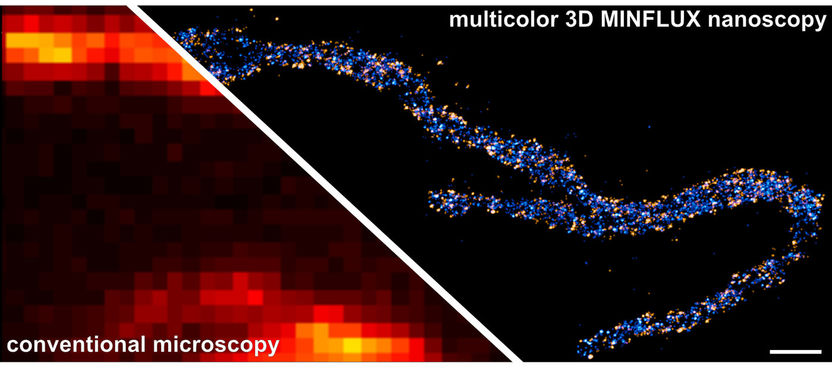
Dissecting protein assemblies - New molecular details from mitochondria
Tom_Smith_(rugby_player)
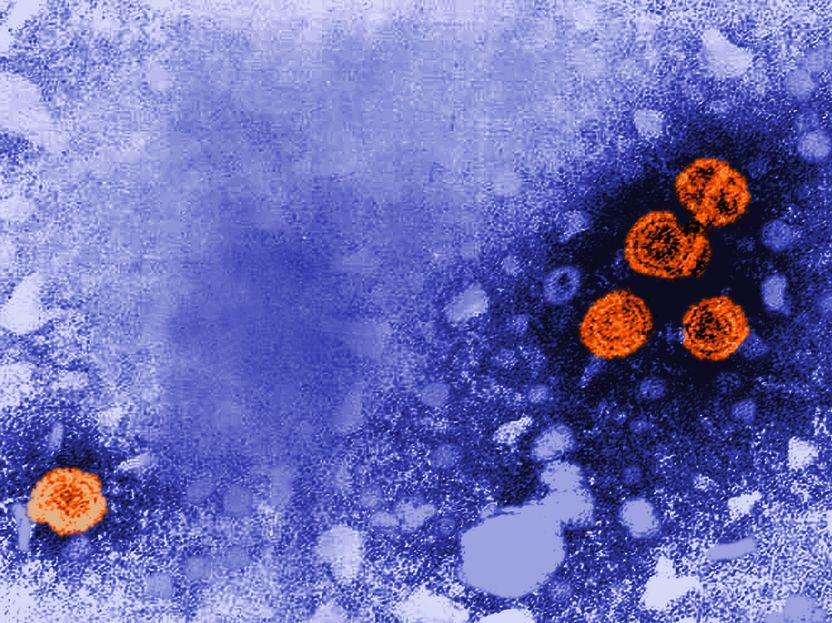
New Vaccine Platform for a Vaccination against Hepatitis B - Oral or Transdermal Vaccination Possible
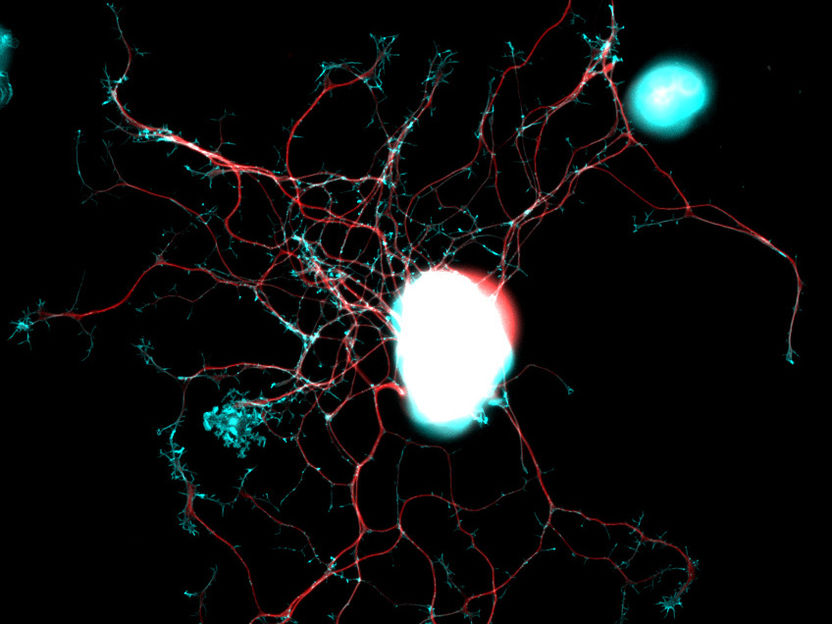
Researchers Identify Key Proteins for the Repair of Nerve Fibers
Unprecedented structural insights - NMDA receptors can be blocked to limit neurotoxicity
Evogene and Zeraim Gedera Salt Tolerant Tomato Collaboration Advances to Second Phase
Abgenix to Consolidate Research Facilities in Preparation for Expanded Development and Commercial Operations
